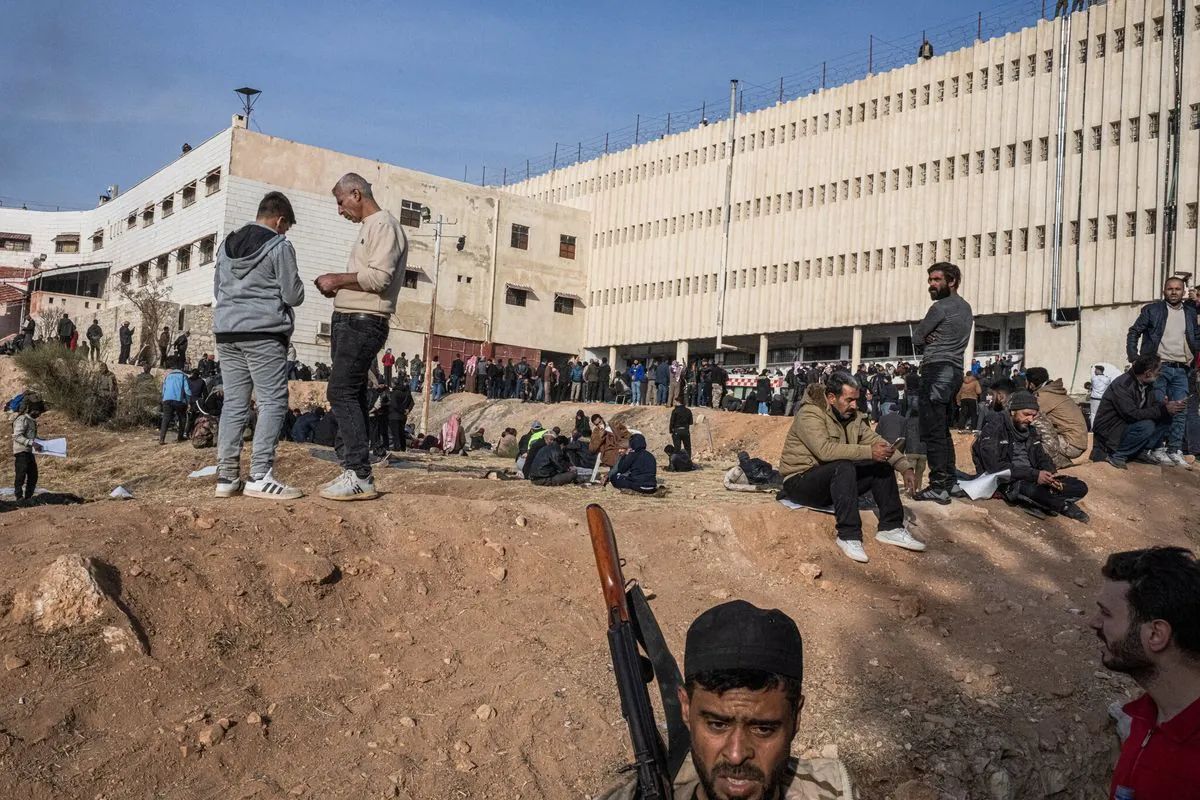The quick fall of Damascus this week made China re-think its long-standing position in Middle-East politics (a move that nobody saw coming). Bashar al-Assadʼs regime – which got support from Beijing through its Russia-Iran connections since the civil war started about 13 years ago – crumbled faster than any expert predicted
Chinaʼs bet on Syria didnt work out as planned: their meeting in Hangzhou last fall seemed promising but brought no real results. Even though Damascus joined the belt-and-road program two years ago nothing much happened after that. The quick win by Hayat Tahrir al-Sham rebels (who took control in just weeks) shocked many Chinese middle-east specialists
The situation brings up some hard-to-solve issues; here are main problems Beijing faces now:
- Safety of Chinese citizens still in Syria
- Uyghur fighters among winning rebels
- Protection of existing investments
- Future relations with new leadership
Meanwhile closer to home South Korea shows signs of political mess. Yoon Suk-yeolʼs position looks shaky after his weird martial-law move – even though he survived weekend impeachment his party chief wants him gone. Chinese officials keep quiet about this mess which makes sense: they dont want to pick sides yet
The economic scene isnt looking great either. Chinas prices keep falling and factories struggle with too much stuff nobody wants to buy. Government plans to fix this with some money tricks – the same kind they used about 15 years ago during world crisis
This is an extraordinary situation that requires extraordinary measures
Tech problems add more headaches: TikTok just lost its big US court fight and needs to sell by early 25 or face complete ban. At same time Beijing started looking into Nvidia business practices which might heat up already tense chip-market situation
